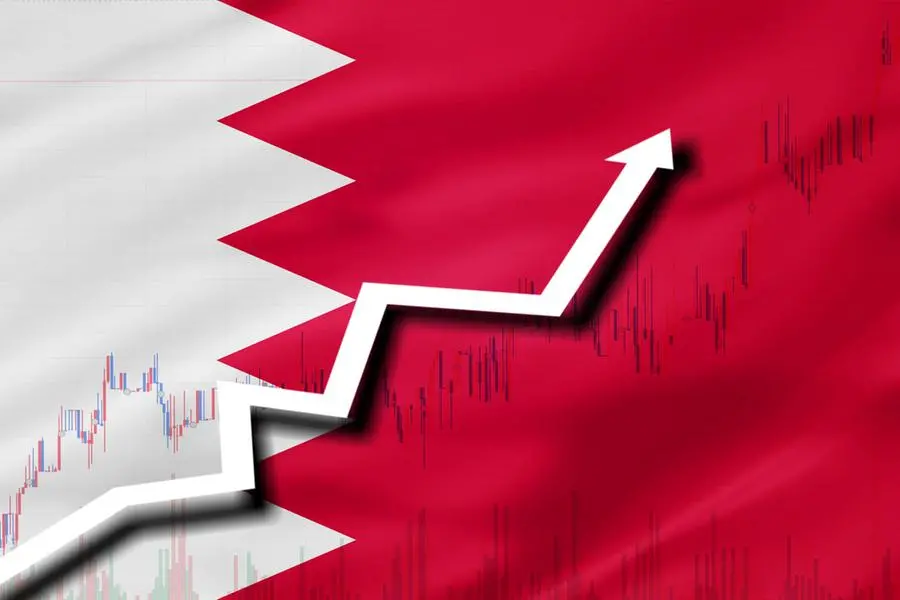PHOTO
S&P Global Ratings yesterday reaffirmed Bahrain’s ‘B+/B’ credit ratings with a stable outlook, acknowledging the government’s commitment to fiscal consolidation through non-oil revenue growth.
While 2023 saw a temporary widening of the budget deficit due to higher global interest rates and social support programmes, S&P expects a return to a sustainable fiscal path by 2027. The stable outlook signifies confidence in the government’s reform plans to strengthen its non-oil revenue base.
“S&P recognises Bahrain’s proactive approach to fiscal management,” said a spokesperson for the rating agency. “The stable outlook reflects our belief that the government will continue implementing effective measures to reduce the budget deficit.”
The potential for continued support from other Gulf Co-operation Council (GCC) members further bolsters the kingdom’s financial position. Additionally, a recent successful bond issuance demonstrates continued investor confidence in Bahrain’s economic prospects.
S&P highlighted the upside potential for a ratings upgrade if the government’s reforms lead to a faster-than-expected improvement in the fiscal position.
The island nation’s ongoing economic diversification efforts are key to long-term financial stability. The development of non-oil revenue streams will create a more resilient economy and reduce reliance on oil price fluctuations.
Bahrain boasts a relatively diverse economy, aided by its proximity to Saudi Arabia, a strong regulatory framework for the financial sector, a skilled workforce, and lower costs compared to regional peers. However, population growth has outpaced GDP growth, suggesting a need to boost productivity alongside labour supply.
As a small, non-Opec oil producer, the kingdom’s oil production is currently below Opec+ quotas. Most of its production comes from the Abu Safa field, shared with Saudi Arabia. While Bahrain doesn’t currently export gas, recent discoveries offer the potential for increased self-sufficiency and even exports. Additionally, aluminium exports remain a significant source of foreign currency earnings.
Bahrain’s real GDP expanded 2.4 per cent in 2023, driven by tourism, transportation, and hospitality. However, a contraction in the oil sector due to temporary maintenance offset some of this growth. The government’s economic recovery plan is expected to continue driving non-oil activity in the medium term, attracting investments in key sectors like tourism, housing, infrastructure and energy.
Project financing continues to be supported by neighbouring GCC states, likely to remain the case for the foreseeable future. Projects funded under the $7.5 billion GCC Development Fund are expected to support investment until around 2027. Beyond this time frame, further GCC support alongside private-public partnerships are anticipated.
Looking ahead, S&P’s affirmation positions Bahrain favourably for continued access to international capital markets, paving the way for further investment and economic growth.
Copyright 2022 Al Hilal Publishing and Marketing Group Provided by SyndiGate Media Inc. (Syndigate.info).





















